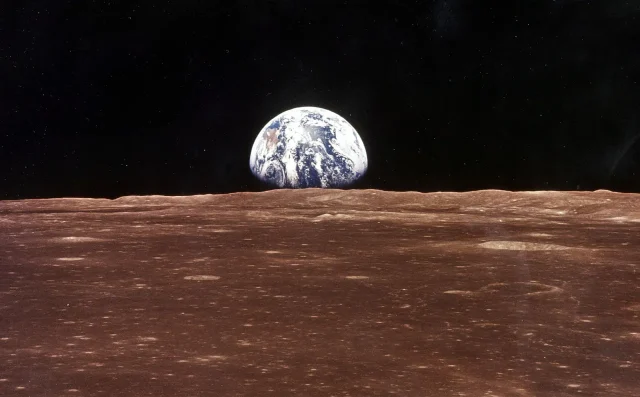[ad_1]
WASHINGTON DC – As NASA looks toward long-term lunar missions, a few problems have arisen — specifically, how to create less trash in space and what to do with the trash that people create.
That’s why the US space agency started the LunaRecycle Challenge.

This challenge is a two-phase competition, NASA says, focused on the design and development of recycling solutions that both reduce solid waste and improve the sustainability of longer-term lunar missions.
NASA is looking for physical hardware and digital twin or virtual replica designs.
For Phase 1, NASA has provided a Mission Scenario for a hypothetical 365-day journey with technical requirements that teams must address in their solutions. Submissions for this phase are due March 31, 2025. NASA will announce a winner in May.
For Phase 2, teams must build a functioning prototype of the winning design from Phase 1. Teams who did not participate in Phase 1 are eligible to take part in this one. NASA says it will provide more information about this part of the competition after the completion of the first.
All interested US and international teams must first register through the Expression of Interest Form by March 31, 2025. Once a team has submitted its registration and supporting documents, the challenge administrators will review the registration and notify the designated team leader.
Here’s how the prize payouts break down. For Phase 1, the best physical prototype will win $600,000, and the best digital twin will win $400,000. For Phase 2, the best functioning prototype will win $1.4 million, and the best digital twin will win $600,000.
In addition to solving the issue of how to handle trash in space, NASA hopes the challenge will also influence better approaches and outcomes for recycling back on Earth, whether that’s through new processes that improve efficiency and reduce toxic outputs or through small-scale technologies that communities can use around the globe.
To read more about the competition, click on NASA
[ad_2]
Source link











